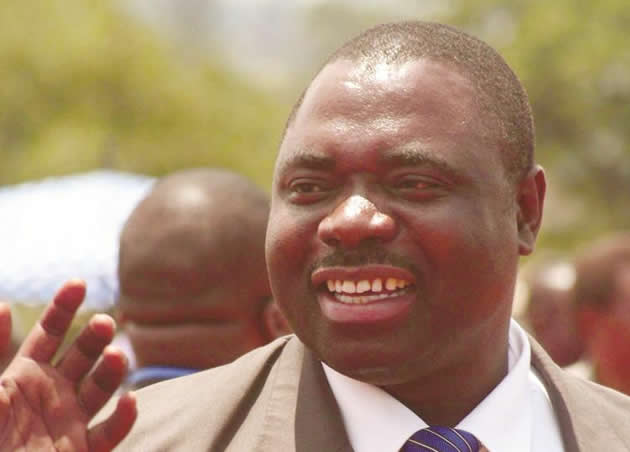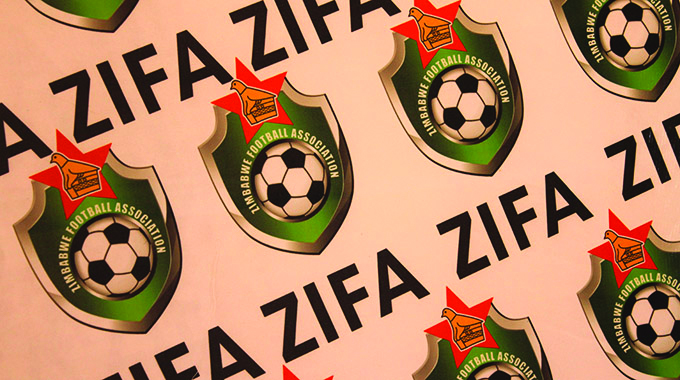Zim football players at risk over Fifa anti-doping regulations

Sikhumbuzo Moyo Senior Sports Reporter
ZIMBABWE football players risk being caught on the wrong side of the Fifa anti-doping regulations which attract sanctions of up to four years.
The absence of a Zifa medical committee has also not helped matters, as players could take substances, which at face value might be legal like a cough mixture yet are prohibited.
The Premier Soccer League admitted last week that it has no anti-doping department to carry out random tests on players.
“We accept that we are coming short in that aspect. It’s something we need to look at and take seriously though,” said Kennedy Ndebele, PSL chief executive officer.
According to the World Anti Doping Agency, every year a list of prohibited substances classified into three classes is released. They include substances prohibited during competitions as well as those prohibited for particular sports.
Every year the anti-doping watchdog releases a list of substances not on the prohibited list that are placed on the monitoring programme to check if they are being abused for sporting advantage by athletes.
A number of players are known to take energy drinks just before a match or even drink coffee during breakfast prior to a match.
There is a need for clubs to educate their players accordingly so that they are not found on the wrong side of the law as ignorance is not taken as an excuse once one fails a test.
Zifa, through its medical committee, is supposed to conduct random tests on players, especially now that Zimbabwe has qualified for the African Cup of Nations finals where players will be subjected to such random tests.
“It is the responsibility of each Association to collect samples for doping control at national competitions and to initiate and direct Out-of-Competition testing on its players, as well as to ensure that all national-level testing on its players and the results management from such tests comply with the anti-doping regulations,” says Fifa.
According to Fifa, the fundamental aims of doping control are to uphold and preserve the ethics of sport, to safeguard the physical health and mental integrity of players, as well as to ensure that all competitors have an equal chance.
In 2013, then Dynamos midfielder Devon Chafa became the first local player to be suspended by Fifa for failing a doping test.
THE 2016 WADA MONITORING PROGRAMME
The following substances are placed on the 2016 Monitoring Programme:
1. Stimulants: In-Competition only: Bupropion, caffeine, nicotine, phenylephrine, phenylpropanolamine, pipradrol and synephrine.
2. Narcotics: In-Competition only: Mitragynine and ramadol
3. Glucocorticoids: In-competition (by routes of administration other than oral, intravenous, intramuscular or rectal) and Out-of-Competition (all routes of administration)
4.Telmisartan: In and Out-of-Competition












Comments